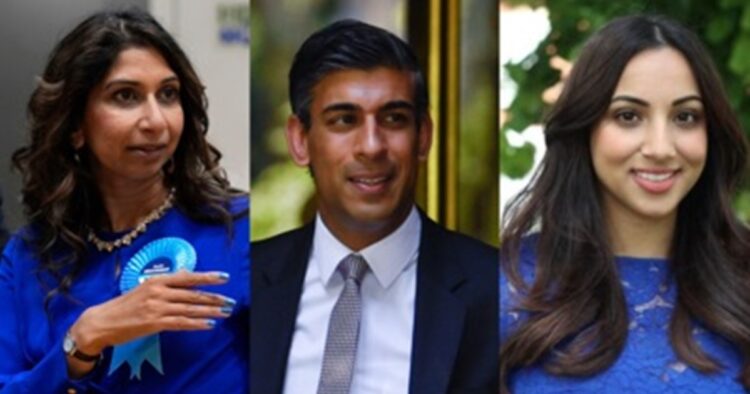After a decisive victory by the Labour Party in the general election, Keir Starmer is the United Kingdom’s new Prime Minister, ending the 14-year Conservative rule. In his victory speech, Starmer thanked the British people and emphasized the need to “return politics to public service,” signaling the nation’s readiness for change and an end to the “politics of performance.”
Outgoing Prime Minister Rishi Sunak, the first British Indian-origin leader, gracefully accepted the defeat, apologizing on behalf of the Conservative Party and congratulating Starmer. “Today, power will change hands in a peaceful and orderly manner with goodwill on all sides, and it is something that should give us all confidence in our country’s stability and future,” Sunak stated. Despite the defeat, Sunak retained his seat in Richmond and Northallerton.
This year’s election saw the most diverse Parliament in UK history, with a significant increase in MPs of Indian heritage. The Labour Party is set to have the largest contingent of ethnic minority MPs, reflecting a historic rise in ethnic minority representation. British Future think tank director Sunder Katwala noted, “This election will see the biggest rise in ethnic minority representation and the most diverse Parliament ever.”
Prominent British Indians elected include Rishi Sunak (Conservative, Richmond and Northallerton), Kanishka Narayan (Labour, Vale of Glamorgan), and Preet Kaur Gill (Labour, Birmingham Edgbaston), among others. This diverse representation highlights the evolving political landscape of the UK.

















Comments